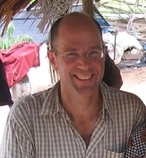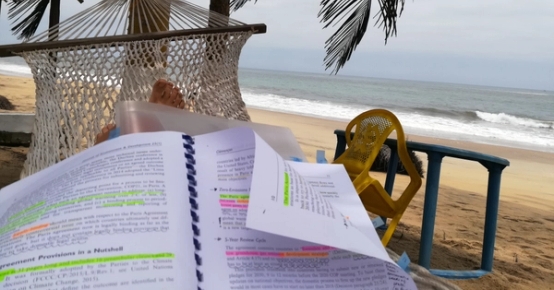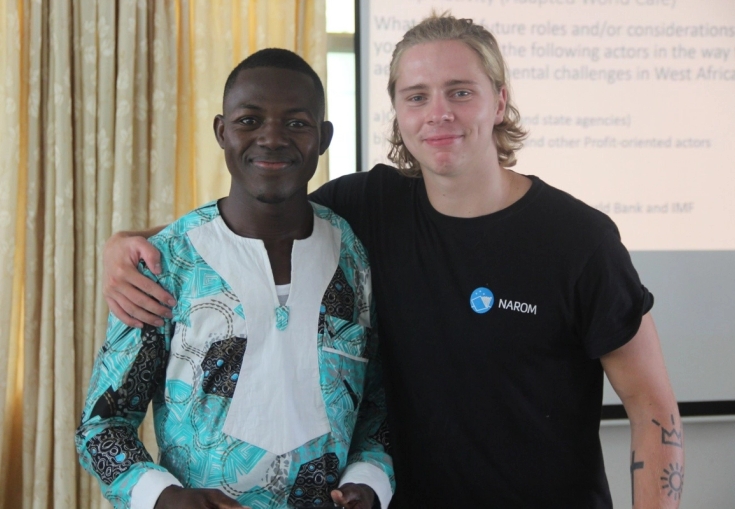
"Development should primarily be about the people, and not the economic outcome."
— I believe the most important thing is that students gain an understanding that there is no ideal model that fits all development; every country has its own context that undeniably plays a part.

Professor of Geography at Durham University in the UK, Jonathan Rigg, is a popular lecturer at the Development Studies program of Kulturstudier in Vietnam. With a wide research background in rural development in Southeast Asia, he encourages students to always consider the local context.
- I believe the most important thing is that students gain an understanding that there is no ideal model that fits all development; every country has its own context that undeniably plays a part.

Jonathan Rigg has researched and taught on development issues in Southeast Asia for over 30 years and has research experience from Thailand, Laos, Vietnam, and Indonesia.
His academic focus spans from urban and rural relations, the role of non-governmental organizations, the tension between environment and development, and migration and mobility.
He has also served as an advisor for the World Bank, The Asian Development Bank, and the World Food Programme. As a lecturer for Kulturstudier, he focuses on regional context and the historical and current development in Southeast Asia.

- Development is not a technocratic exercise where it's about pulling the right levers. There is so much we do not know or do not fully understand. And most importantly; development should primarily be about the people and not the aggregate economic outcome, although this is obviously also important.
Rigg has been following the Development Studies in Vietnam by Kulturstudier for a long time. It started with his own doctoral students working as seminar leaders and lecturers in the program, before he himself began lecturing in Vietnam. Now, Rigg has five semesters behind him as a lecturer in Development Studies.

- The first time I was contacted by Kulturstudier, I was attracted by the opportunity to return to Hoi An. My first visit to the city was in 1990, when it was a beautiful, but still quite peaceful place.
The study has become more refined over the years, and the curriculum has become more comprehensive. One of the challenges, as with all development studies, is to link the empirical experience of development with the theoretical.
Students tend to love the former and oppose the latter, but without a conceptual basic understanding, the experiences do not lead to a deeper understanding.

Rigg has written a number of textbooks on development issues. In "Unplanned Development," he demonstrates how randomness, turbulence, and the unexpected have defined development across the world.
He brings this knowledge into his lectures on the challenges of planning development and the transfer of poverty and wealth from one generation to the next.







